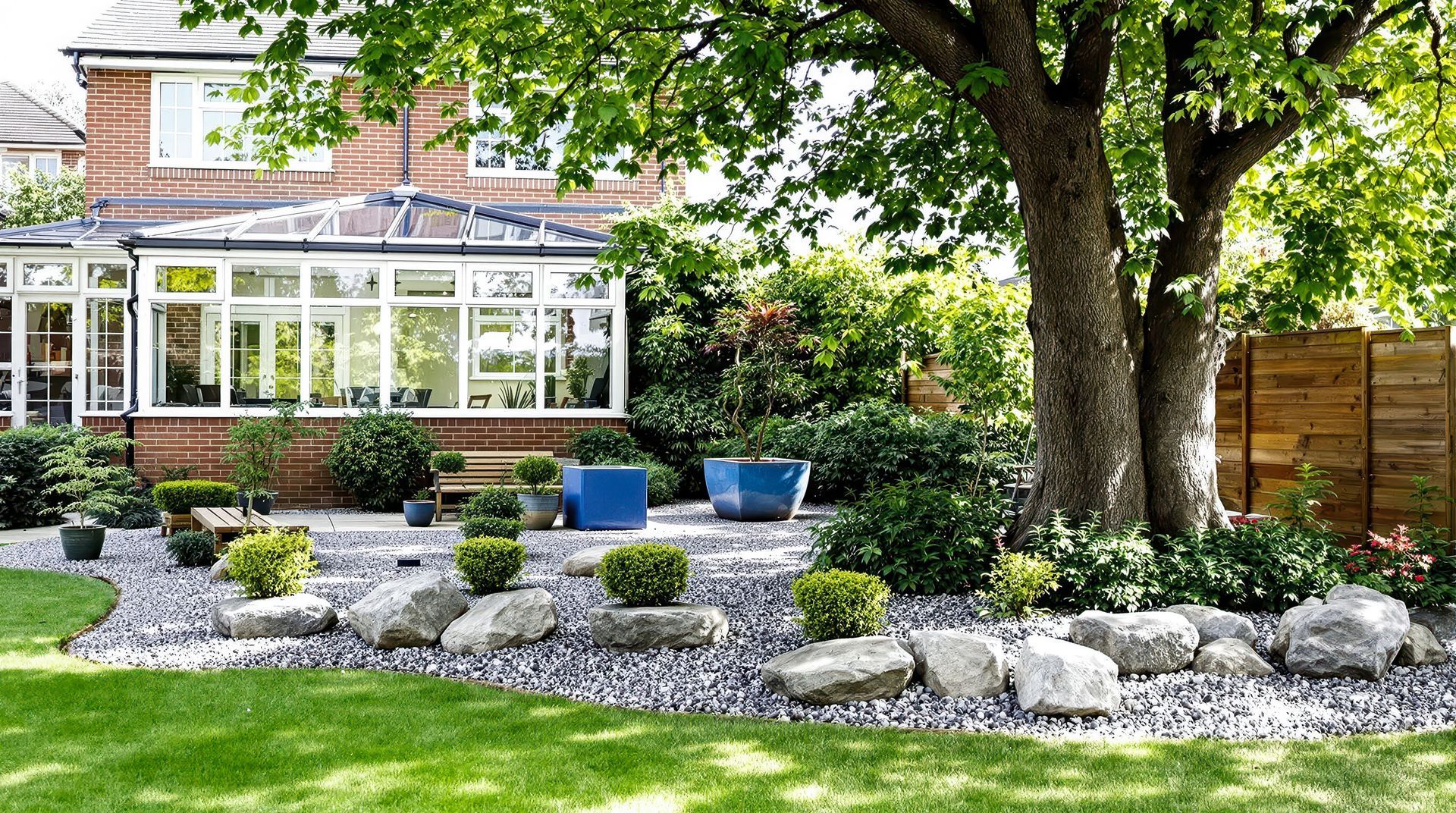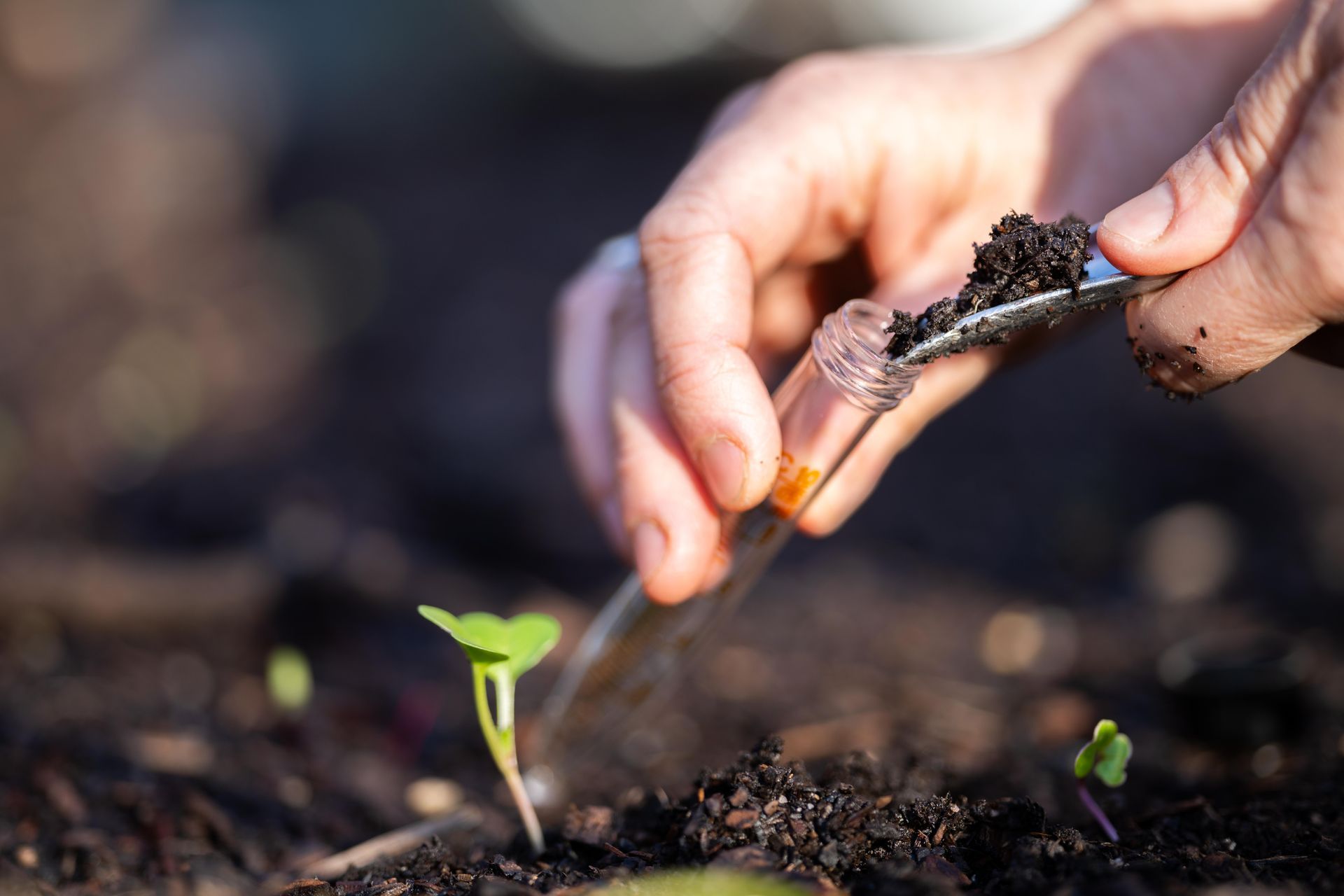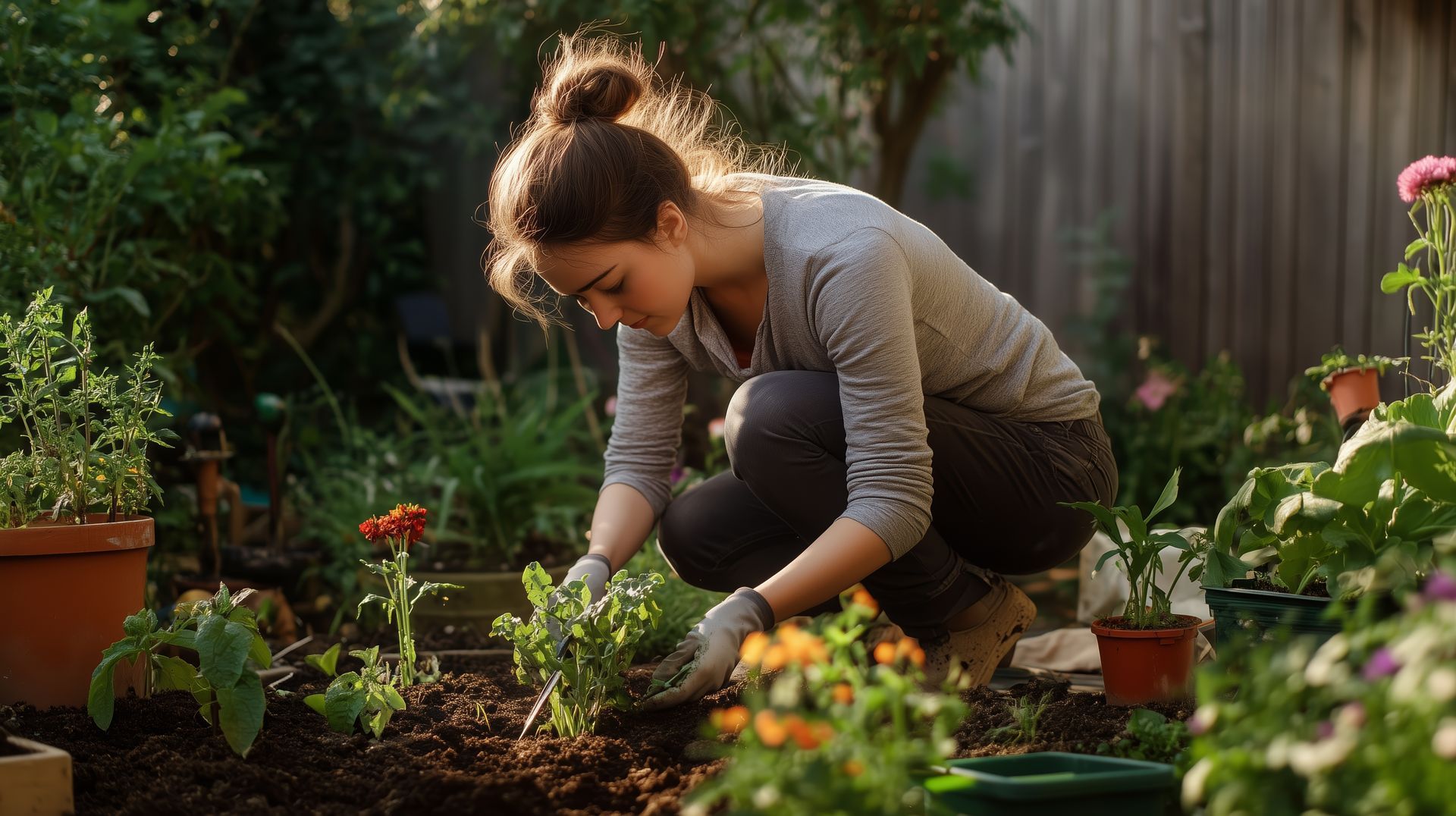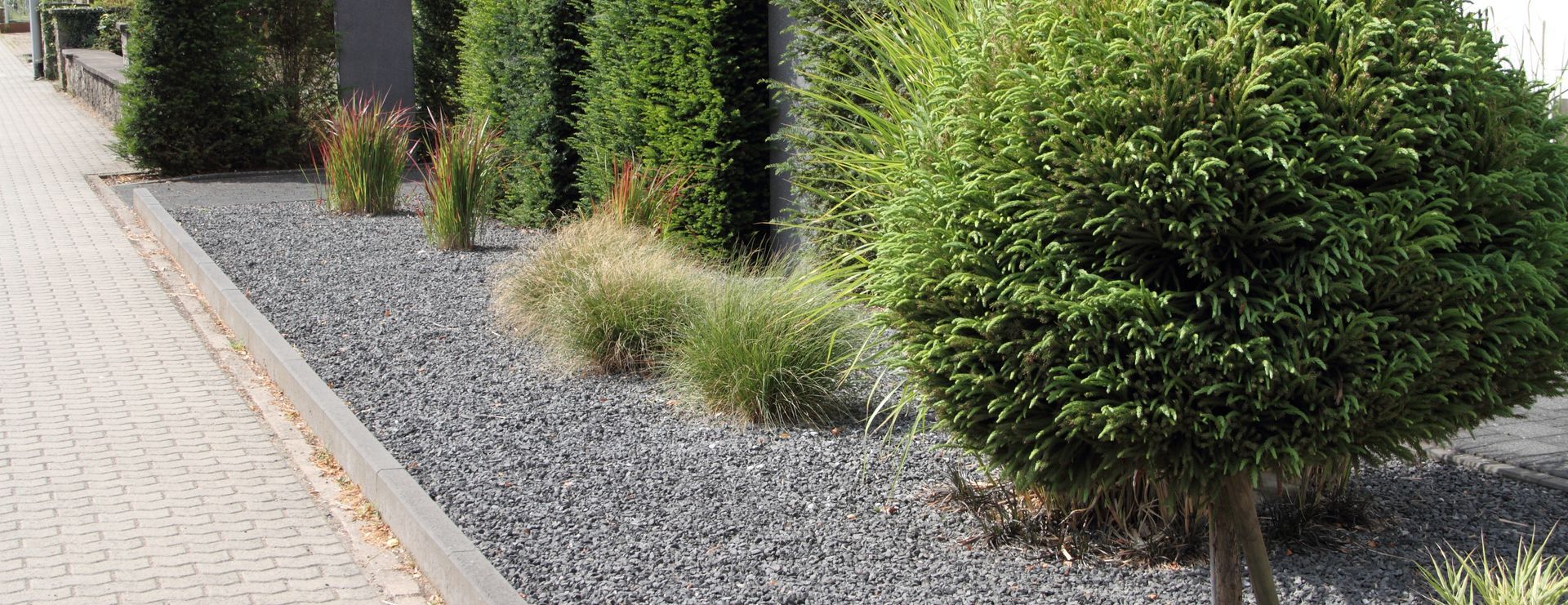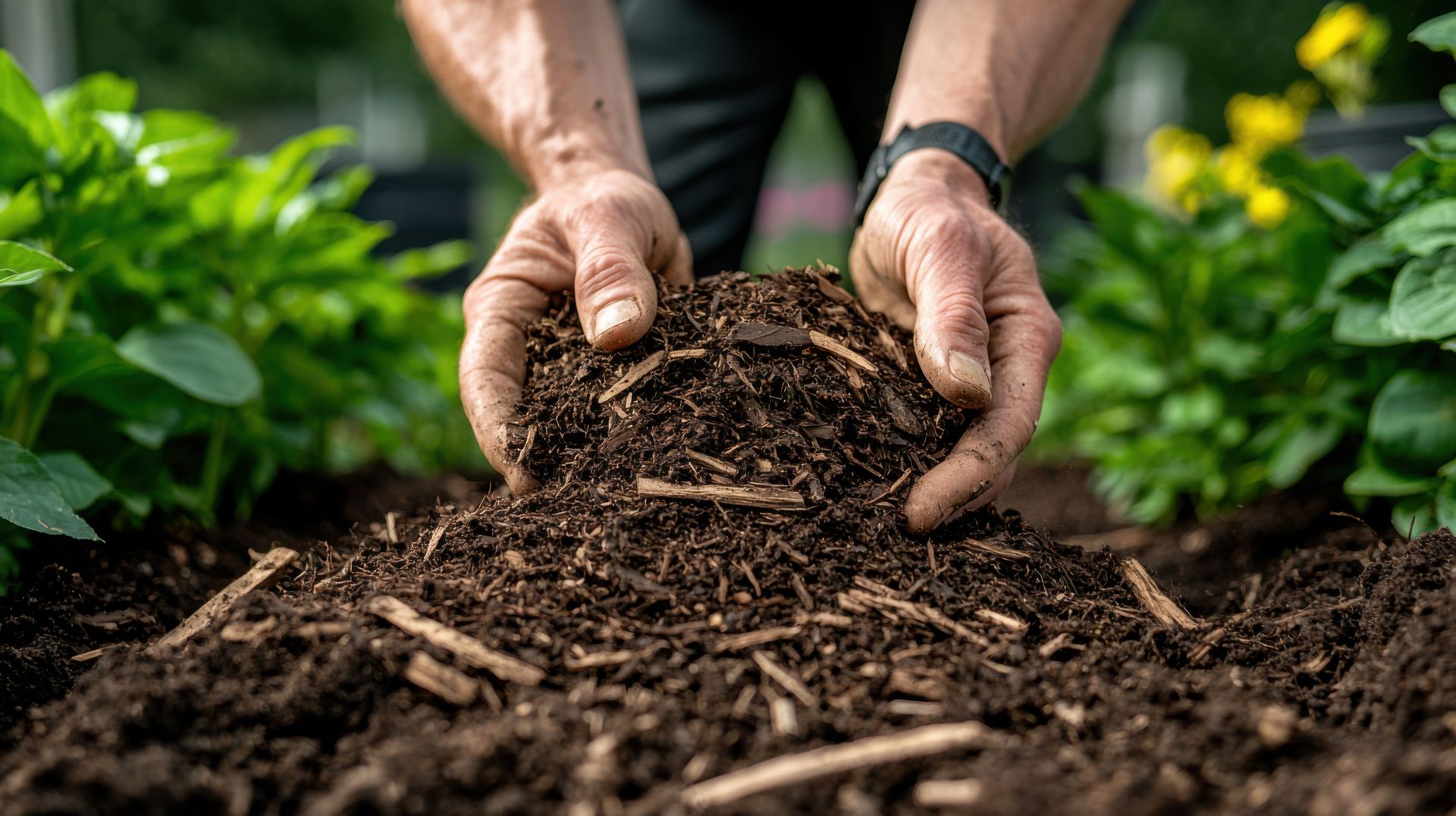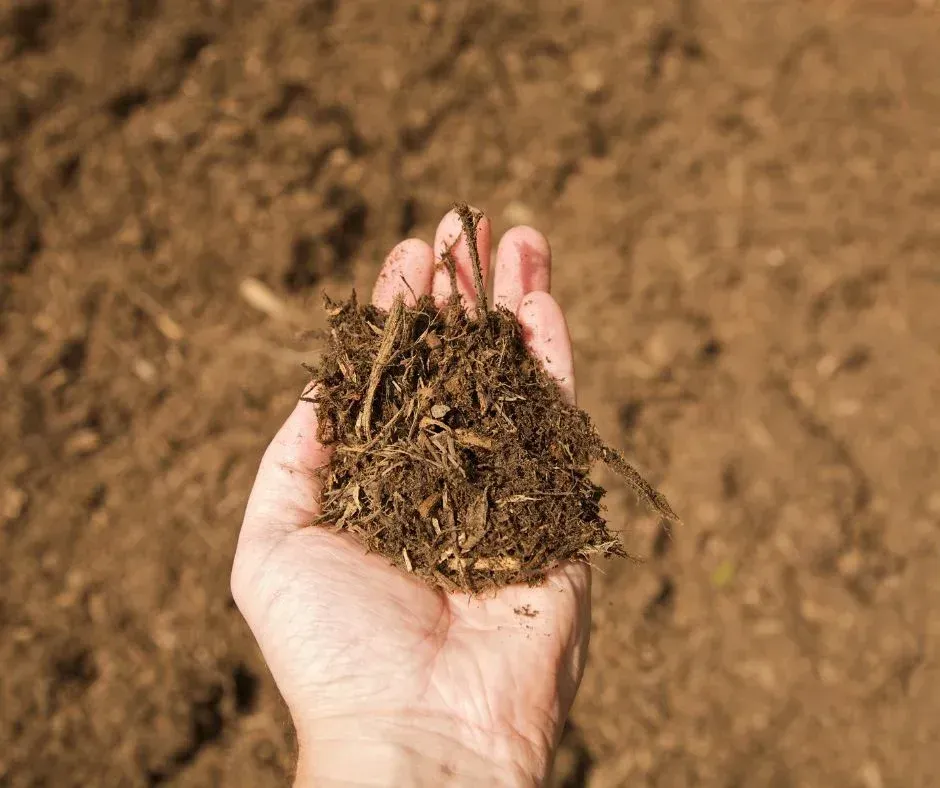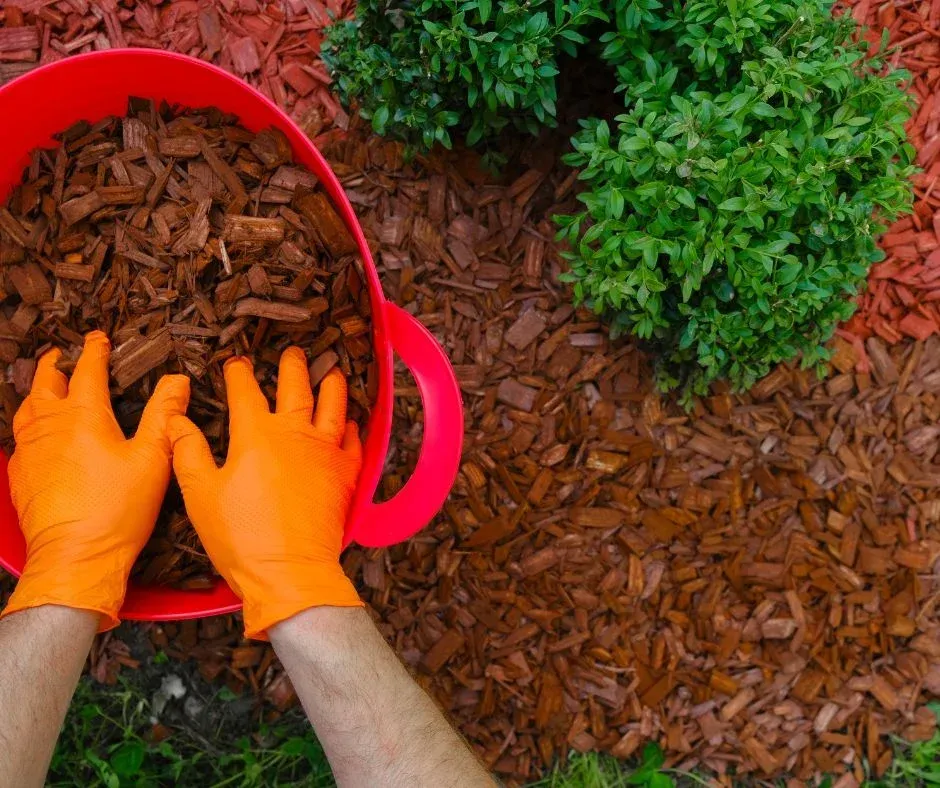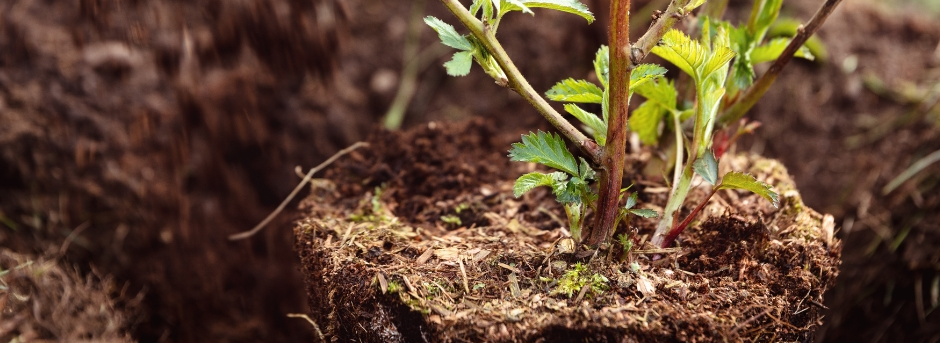Using Coffee Grounds in Your Garden: A Sustainable and Beneficial Practice
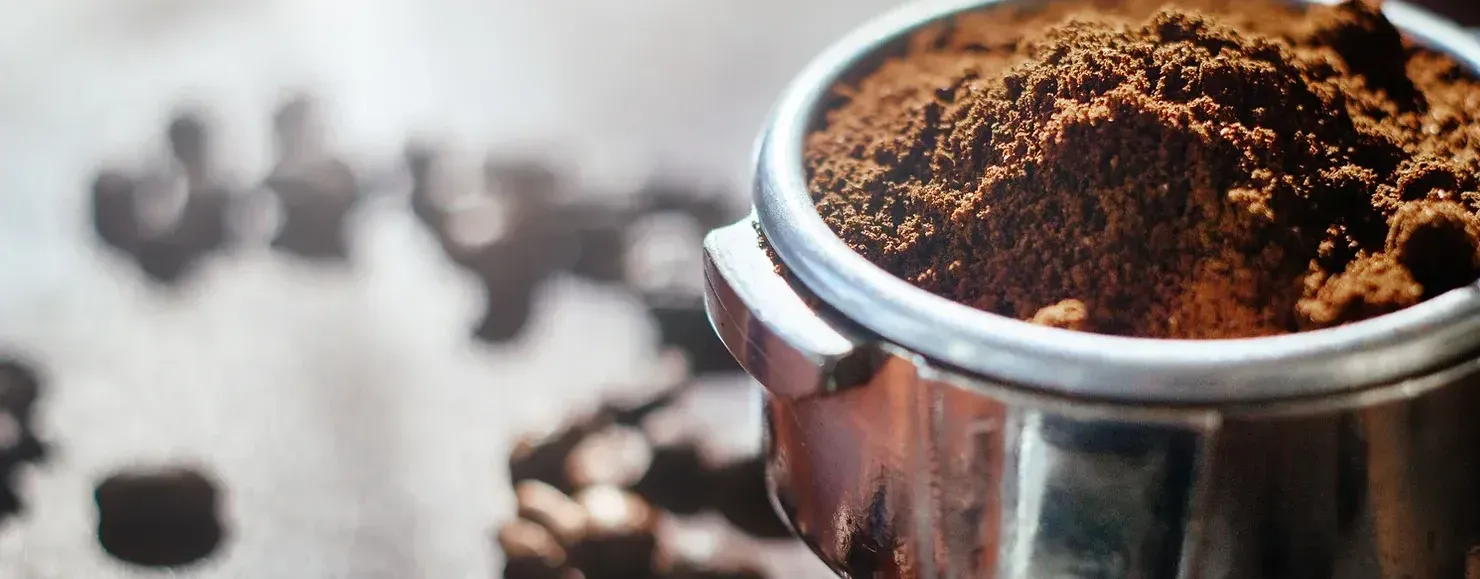
Are you a coffee lover looking for ways to reduce waste and improve your garden's health? Look no further than your daily dose of caffeine! Coffee grounds, the byproduct of brewing coffee, can be a valuable addition to your gardening routine. In this blog, we'll explore the benefits of using coffee grounds in your garden and provide tips for incorporating them into your sustainable gardening practices.
Benefits of Using Coffee Grounds in Your Garden
- Improve Soil Structure: Coffee grounds are rich in organic matter and can help improve the structure of your soil. They can loosen up compacted soil, which promotes better water and air circulation. This allows for healthy root development and overall plant growth.
- Increase Nutrient Content: Coffee grounds contain essential nutrients for plant growth, including nitrogen, phosphorus, and potassium. Adding coffee grounds to your soil can increase nutrient content, promoting healthier plant growth and higher yields.
- Attract Earthworms: Earthworms are essential for healthy soil. They help aerate the soil, improve drainage, and break down organic matter. Coffee grounds can attract earthworms, further improving soil quality and plant growth.
- Repel Pests: Coffee grounds contain compounds that are toxic to some pests, such as slugs and snails. Sprinkling coffee grounds around plants that are susceptible to these pests can help deter them from damaging your plants.
- Reduce Waste: Using coffee grounds in your garden is a great way to recycle a waste product. Instead of throwing away used coffee grounds, you can put them to use in your garden.
Tips for Using Coffee Grounds in Your Garden
- Use in Moderation: While coffee grounds can be beneficial for your garden, using too much can have negative effects on your soil's pH and nutrient levels. It's recommended to use no more than 10-20% coffee grounds in your soil.
- Compost First: If you're planning to add coffee grounds directly to your garden, it's best to compost them first. This will help to break down any acidic compounds in the coffee and make the nutrients more available to your plants.
- Apply Evenly: When adding coffee grounds to your garden, it's important to apply them evenly around your plants. This will help prevent clumping, which can lead to uneven nutrient distribution and potential damage to your plants.
Incorporating coffee grounds into your garden can be a sustainable and beneficial practice for both your plants and the environment. By following these tips and using coffee grounds in moderation, you can enjoy the benefits of this waste product in your garden. So, the next time you're brewing a pot of coffee, don't throw away the grounds - put them to use in your garden!
